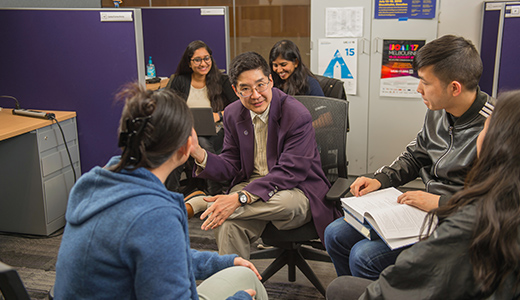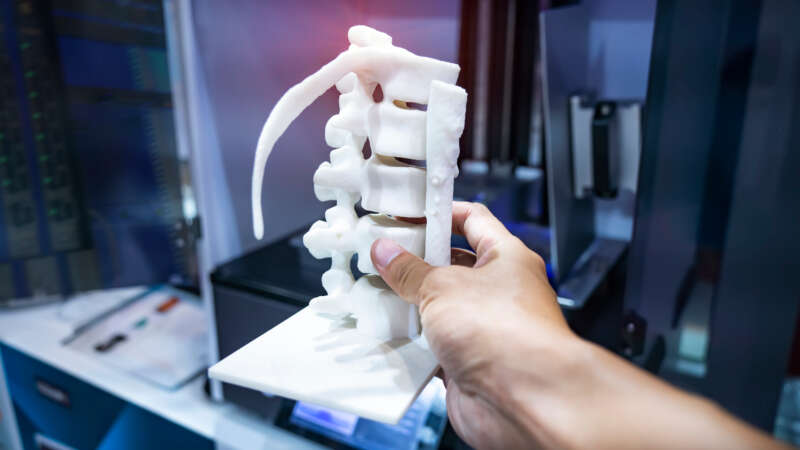Dr. Hsu personally funded his research team with a donation to the College of Engineering.
When Bill Hsu’s sponsored research funding was delayed, he was faced with a dedicated team of student researchers who depended on the funds to help pay for their education at Kansas State University. Instead of shutting down the Laboratory for Knowledge Discovery in Databases (KDD) and putting the project on hold until the monies came through, Bill, a professor of computer science, decided to personally fund his team with a donation to the College of Engineering. Because of Bill’s commitment to his student investigators, the research continued uninterrupted and the student researchers were paid, making it possible for them to continue taking classes at K-State.
“This process of supporting students in the KDD lab means a lot to me,” Bill said. “All of these students are award-winning, high-merit students who are largely underrepresented in engineering, especially in computer science fields. I seldom find students of such caliber of talent or dedication, and I would like to help them find as much opportunity as they’ve given me.”
Bill, winner of the 2018 University Distinguished Faculty Award for Mentoring of Undergraduate Students in Research, directs the KDD lab as an opportunity for students to apply engineering methods in artificial intelligence and machine learning to real-world issues.
Though visitors won’t see white coats in the KDD lab, the energy within is palpable with the first step into this innovative research environment. Students hail from Kansas, Missouri, California, China, El Salvador, India, Mexico, Nigeria, Paraguay and a pastiche of disciplines across campus. Research assistants have included a K-State student body president, valedictorians, first-generation students and people underrepresented in engineering fields. Fifty percent of the lab’s team are female — beyond the industry average of below 20 percent — and his students come from a diverse palette of backgrounds and hometowns.
“All of my students have one thing in common,” Bill said. “They want to make a difference in the world with artificial intelligence.”
KDD scholars collaborate among each of K-State’s colleges to address issues regarding refugees, Post-Traumatic Stress Disorder, in fields of neuroscience and addiction, quality of life in livestock, cybersecurity and education. Students leverage innovations in computer science to discover solutions in their unique areas of study.
Alice Lam and Fernanda De La Torre, both named K-State Distinguished Undergraduate Student in Research, co-led a KDD team who designed and created a prototype, business case and marketing plan for Zoobot, a kid-friendly platform aimed to teach programming through robotic toys. Their team received first place honors at the 2017 Kansas City Startup Weekend competition. Yihong Theis is merging her study of urban planning with machine learning research to remediate air pollution. Yihong is also developing solutions to issues many bilingual users encounter when accessing artificial intelligence found in common consumer products.
The benefits of Bill’s gift do not stay in the classroom. He included critical funding for KDD student researchers to attend conferences in emerging technologies and the ethics of artificial intelligence. Because students have access to this caliber of symposia and learning, they are better equipped to dive deep into the questions society is asking. Participation allows them to network with leaders in computer science and other science, technology, engineering and math (STEM) fields and incorporate these experiences into the leading-edge research that advances education, industry and culture.
Bill said he was inspired to help fund his students’ research due to his desire to pay it forward.
“My undergraduate advisors gave me incredible support,” Bill said, “even including me as a co-author on papers when they had nothing to gain. I created my gift to give these students a chance — many who have no other grant funds available to them. We are lucky to have these students at K-State.”




